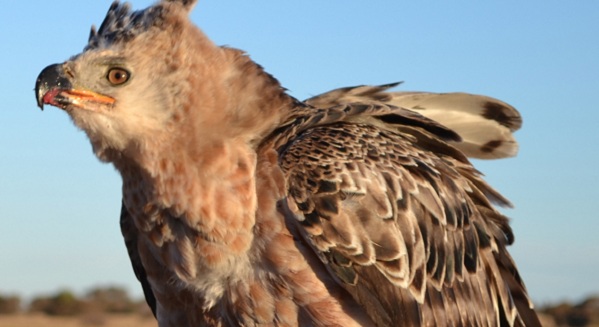
February 14, 2014, by Nicola Royan
Love: not for the faint-hearted?
The lyf so short, the crafte so longe to lerne,
Th’assay so harde, so sharpe the conquerynge
The dredful joy, that alwey slyd so yerne
Al this meene I be love, that my felynge
Astonyeth with his wonderful worchyng
So soore ywys, that whan I on hym thynke,
Nat wote I wel wher that I wake or wynke.[1]
(The life so short, the craft so long to learn,
The attempt so hard, so sharp the conquering
The dreadful joy, that always slipped away so fast,
All this I say about love, that my understanding
Bewilders with his wonderful working,
So intensely indeed, that when I think about him
I don’t know really whether I am awake or asleep.)
The opening lines to The Parliament of Fowls, possibly the first Valentine’s Day poem in English, reveal some key features of late medieval British discussions of love. Love is difficult and painful (‘Th’ assay so harde, so sharpe the conquerynge’); it demands study and effort (‘crafte’); it is all-absorbing and confusing (‘that my felynge/ astonyeth’). It is also central as a device to many poems: if you look at this stanza, ‘love’ is almost exactly in the middle.
When I say that love is a device, I mean that it’s often used as a topic to discuss other matters: for instance, rule of the self and of a kingdom; proper behaviour in the face of Fortune; the nature and influence of writing. The poets often present their narrators, usually envisaged as some projection of themselves as bad at, or at least inexperienced, in love. The narrator of The Parliament of Fowls, for instance, is trying to learn about love from books, since he ‘knowe[s] not live in dede’ (l. 8). The Confessio Amantis, written by Chaucer’s contemporary, John Gower, is a poem ostensibly concerned with educating the figure Amans in the arts of moral and devoted love. The poem’s narrative twist (plot spoiler alert) is that, in the final book, Venus identifies Amans as Gower, by then an old man and unsuited to the service of any love apart from God’s. The implication is that the self-control manifested in the right display of erotic love can equally well serve divine purposes.
At least the hapless Amans (who is entirely unsuccessful in his erotic pursuits anyway) at least gets to practise his skills. Later poets, such as John Lydgate, William Dunbar and Gavin Douglas, appear often – as A.C. Spearing argues[2] – almost as voyeurs, only ever as witnesses to the love scenes they record. Lydgate’s narrator only overhears the Black Knight in The Complaint of the Black Knight; Dunbar’s persona hears rather too much about female sexuality in The Tretis of the Twa Mariit Wemen and the Wedo. After watching Venus’s train arrive, Douglas’s narrator in The Palice of Honoure is inspired to sing a lay against inconstant love:
‘Wo worth this deid that daylie dois me die!
Wo worth Cupyd and wo worth fals Venus!
Wo worth thame baith! Ay waryit mot thay be!
Wo worth their Court and cursit destenie!’[3]
(Woe befall this death that daily makes me die!
Woe befall Cupid and woe befall false Venus!
Woe befall them both! May they always be accursed!
Woe befall their court and cursed destiny!)
Unsurprisingly, this is not well received.
Douglas’s narrator eventually redeems himself by undertaking a different task for Venus, one as much of the intellect as of emotion, and even where love appears to have a direct bearing on the speaker, as in The Kingis Quair or indeed Confessio Amantis, it is still somehow intended as much for discussion as empathy. Examining oneself lyrically, and dwelling on the effects of the emotion rather than methods of overcoming the passion, comes a little later in English: when Chaucer borrows Petrarchan motifs of the effects of love, he assigns them to Troilus, not to himself. As for Chaucer’s Valentine’s poem, well, the noble avian heroine refuses to choose a lover. Make of that what you will.
[1] Geoffrey Chaucer, The Parliament of Fowls, in J.A. Burrow and Thorlac Turville-Petre (eds), A Book of Middle English 3rd edn, Oxford: Blackwell, 2005, pp. 283-308, ll. 1-7.
[2] A.C. Spearing, The medieval poet as voyeur : looking and listening in medieval love-narratives Cambridge: Cambridge University Press, 1993.
[3] Gavin Douglas, The Palice of Honour in Priscilla Bawcutt (ed) The Shorter Poems of Gavin Douglas rev. edn, Edinburgh: Scottish Text Society, 2003, pp. 7-133, Edinburgh text, p. 47,ll. 633-6
No comments yet, fill out a comment to be the first

Leave a Reply